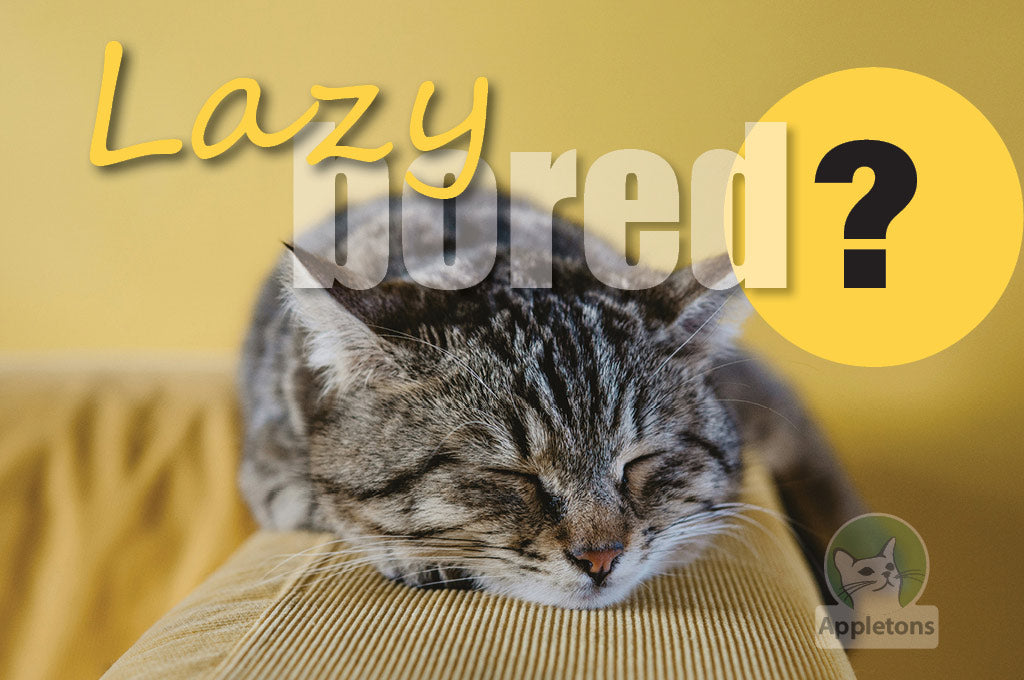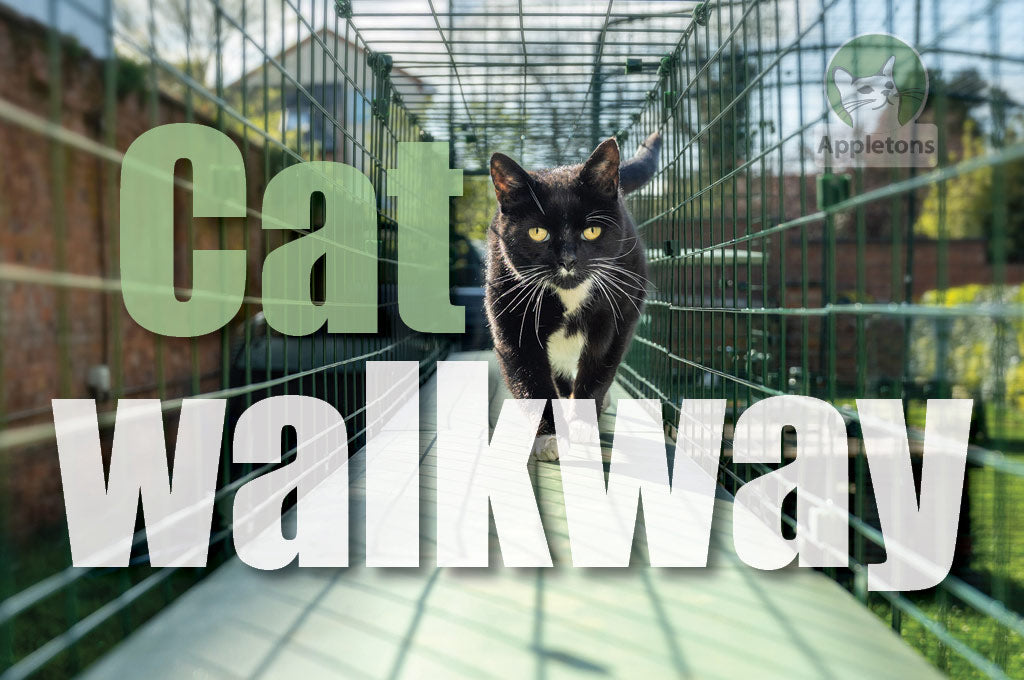New Zealand law
New Zealand law requires that you take good care of your cat.
You must keep your cat healthy and free from distress and pain. If your cat is sick or injured, you must get your cat appropriate medical care.
If you mistreat or neglect your cat, you may be fined or prosecuted.




Policy | Responsible Companion Cat Ownership
The New Zealand Veterinary Association (NZVA) support principles of cat ownership and cat management that contribute to a harmonious relationship between people, cats and the environment. This policy is specifically for companion cat management. For a wider discussion on the management of cats, that includes stray and feral cats, refer to the National Cat Strategy Discussion Paper 2017 (National Cat Management Strategy Group, 2017). Having a companion cat is a privilege, providing benefits to both the cat owner and society as a whole. Cats are most highly valued for the companionship they provide to their owners (Driscoll, Macdonald, & O'Brien, 2009). Living with cats has been shown to improve human health by reducing stress levels and growing up with more than one cat can significantly lower the risks of developing allergies later in life (Ownby, Johnson, & Peterson, 2002). Owning a companion cat carries responsibilities. Owners must comply with the minimum standards for animal care and management set out in the New Zealand Animal Welfare (Companion Cats) Code of Welfare 2007 (National Animal Welfare Advisory Committee, 2007), as well as the requirements of their local territorial authority (a city or district council). These responsibilities are not only to the cat, but to other people on whom the cat’s actions may have an effect, and to the environment we share. Veterinarians have knowledge and expertise on the principles of responsible animal ownership and the welfare needs of cats. This knowledge can assist cat owners to meet their responsibilities, ensure their cat has "a good life", and retain the benefits that society enjoys from living with cats. The New Zealand Veterinary Association strongly supports those principles of responsible cat ownership that contribute to creating a harmonious relationship between people, animals and the environment.
Lifestyle and Living Environments
Cats have complex social structures and do not always like to live with other cats - however, they can form strong bonds with another cat. Owners must be aware that keeping more than one cat together in a home may create stress and tension, and be prepared to limit the number of cats they own to reduce this stress. Owners must also consider the potential for issues to arise when mixing cats and dogs in the same household. Ensuring cats have an escape area, inaccessible to the family dog, can help alleviate some of this stress. Cats predate on wildlife such as lizards and birds, so a responsible owner must also consider the impact that their cat may have on the natural environment. Measures such as using deterrent collars, keeping the cat indoors, utilising cat enclosures, and avoiding breeds that are well known hunters (e.g. Bengals), may mitigate some of the negative effects of cats’ non-specific hunting behaviour. This is particularly important if cats are living close to or in an ecologically sensitive area. Although cats are often considered independent, they do have social needs and their lives are enhanced by interactions with their owners. Before committing to cat ownership, potential owners should consider the time they have to available to care for their cat. Other factors such as allergies, the ages of family members, and restrictions that may be placed on keeping a cat in a rental property should also be taken into account.
Caring for a Cat
FOOD & WATER
Cats must be provided with appropriate quantities of nutritious food and access to clean drinking water.
Food and water bowls should be kept clean. Owners should ensure that cats maintain normal body condition by feeding portion sizes that are appropriate for the size, age and fitness level of the cat. Significant health problems can be caused by both over and under feeding. Following de-sexing, the amount of energy a cat requires drops by 10-15%. The food intake should similarly be reduced to avoid weight gain.
SHELTER & HOUSING
The environment in which a cat is kept should be well ventilated and situated so that extremes of hot and cold are avoided. Cats should have access to a hygienic comfortable place to sleep. The area in which a cat spends most of its time should allow for freedom of movement. If a cat is confined indoors, suitable enrichment should be provided to enhance the environment (e.g. climbing frames and scratching posts). If litter trays are used, a general rule of thumb is to provide one more litter tray, than there are cats; the litter tray must be cleaned regularly.
HEALTH CARE
Owners should follow a preventative health care plan that includes vaccination, parasite control and annual health checks to support their cat’s health. Breeds of cat with long hair also require regular grooming to prevent discomfort, coat and skin problems.
Veterinary care must be sought without delay if a cat shows signs of being injured or unwell. These signs include being reluctant/unable to eat or move, lameness, excessive scratching or licking at a part of the body, frequent head shaking, development of a rash, dribbling, hair loss, weight loss, vomiting and changes in toilet habits.
MENTAL HEALTH
Understanding the psychological needs of a cat is as important as the physical well-being of the cat. Signs of mental stress in a cat include inappropriate house soiling and aggression. Cats in multi-cat households, those that live with dogs or have young children in their family more commonly exhibit these signs. Ideally a cat should have access to an area away from these potential stressors, so that the cat can withdraw to a "safe place" whenever it desires.
Cats that are kept entirely indoors should also have their environments enriched (e.g. climbing frames, scratch posts, and toys) to compensate for possible limitations of an indoor environment.

Companion Cat Ownership Responsibilities
Permanent Identification
Registration on the owner’s contact details on the New Zealand Companion Animal Register (NZCAR) and microchipping a companion cat provide an excellent means of permanent identification. This ensures that there is a direct link to the person responsible for the cat, allowing it to be returned if lost. A registered microchip will also allow for an owner to be swiftly located so that emergency care can be given if the cat has been found injured and taken to a veterinary clinic or shelter.
Owners should update their details if they change, and consider providing a second contact outside of the usual region, as this is helpful in disaster management situations, when entire communities or cities may be evacuated.
Identification discs attached to quick release collars are also recommended to facilitate repatriation of lost cats in the first instance.
De-sexing
De-sexing of both male and female companion cats that are not intended for breeding, before puberty is an effective tool to prevent overpopulation and unwanted cats. The procedure can also improve an individual cats’ welfare by reducing risks associated with straying such as road traffic accidents, cat fights and infections (Root Kustritz, 2012). De-sexing should be actively promoted and made as accessible as possible by all groups associated with cats.
Emergency and Disaster planning
Emergency and disaster planning for a companion cat owner should include having:
- at least seven days of pet food, water and required medications.
- a crate or carrier, to facilitate moving cats in the event of an evacuation being required.
- a litter tray so the cat can be contained inside away from danger and available in the case of the need to evacuate at short notice.
- Microchipping and registering cats on the NZCAR facilitates swift repatriation if cats become separated from their owners during a disaster.
Impacts on other people, animals and the environment
To avoid companion cats having a negative impact on other people, animals and the environment, an owner should:
- not allow cats to stray from their property
- ensure cats do not predate on vulnerable, native wildlife. Measures to reduce predation include the use of deterrent collars, curfews, confinement and the use of cat aviaries.
- ensure cats do not use neighbours’ yards or gardens for toileting.
Adhering to Local Ordinances
This may include microchipping and registering the microchip on the NZCAR, along with restrictions on numbers of cats that may be kept at one property.

Be a responsible cat owner!




Swipe for more
